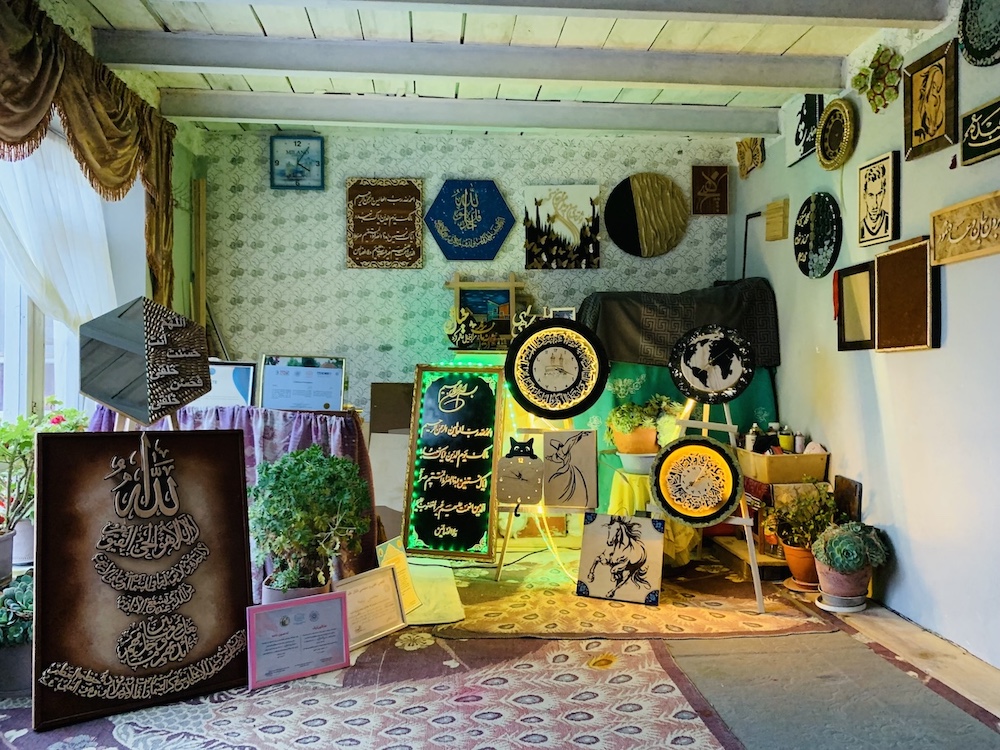MOSCOW: Russian President Vladimir Putin on Friday called for resuming production of intermediate-range missiles that were banned under a now-scrapped treaty with the United States.
The Intermediate-Range Nuclear Forces treaty, or INF, which banned ground-based nuclear and conventional missiles with a range of 500-5,500 kilometers (310-3,410 miles), was regarded as an arms control landmark when Soviet leader Mikhail Gorbachev and US President Ronald Reagan signed it in 1988.
The US withdrew from the treaty in 2019, citing Russian violations.
“We need to start production of these strike systems and then, based on the actual situation, make decisions about where — if necessary to ensure our safety — to place them,” Putin said at a meeting of Russia’s national security council.
Putin said Russia hadn’t produced such missiles since the 2019 treaty scrapping, but that “today it is known that the United States not only produces these missile systems, but has already brought them to Europe for exercises, to Denmark. Quite recently it was announced that they are in the Philippines.”
Since withdrawing from the treaty, the US Army has moved forward with developing a conventional, ground-launched, midrange missile capability called the Typhon that would have been banned under the INF. The Typhon fires two Navy missiles, the Tomahawk Land Attack Missile and Standard Missile-6.
The US Army ran the system through tests during an exercise in the Philippines this spring.
The end of the INF was a milestone in the deterioration of relations between the US and Russia.
The last remaining arms-control pact between Washington and Moscow is the New Strategic Arms Reduction Treaty, which limits each country to no more than 1,550 deployed nuclear warheads and 700 deployed missiles and bombers. It’s set to expire in 2026, and the lack of dialogue on anchoring a successor deal has worried arms control advocates.
Putin’s statement comes amid rising tensions between Russia and the West over the conflict in Ukraine and concern about possible nuclear attacks.
In June, Putin spoke to executives from international news organizations about Moscow’s use of nuclear weapons.
“We have a nuclear doctrine, look what it says,” he said. “If someone’s actions threaten our sovereignty and territorial integrity, we consider it possible for us to use all means at our disposal. This should not be taken lightly, superficially.”
























